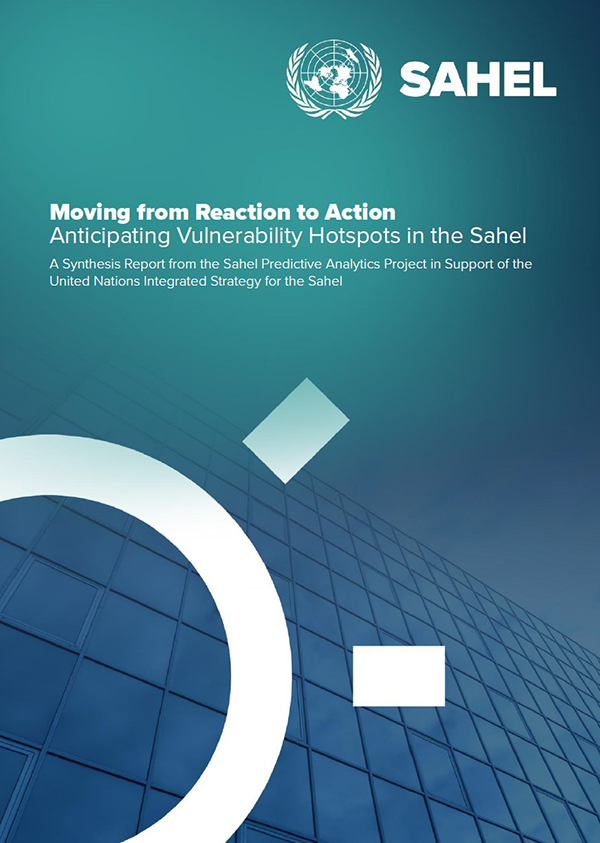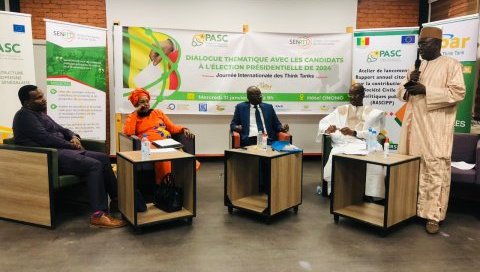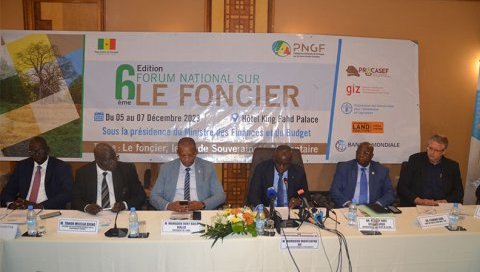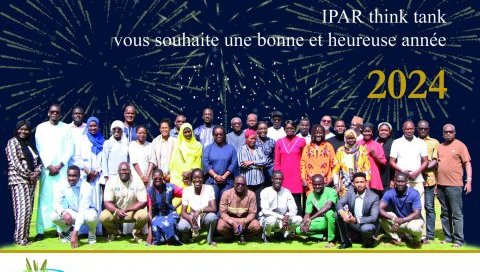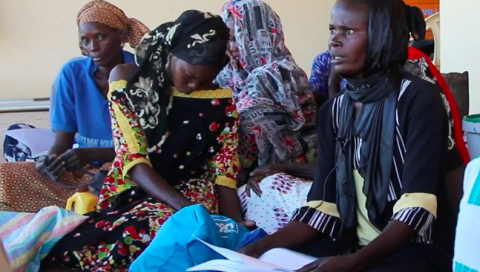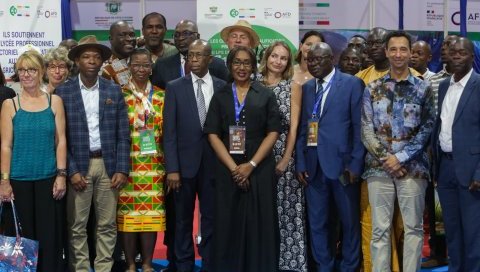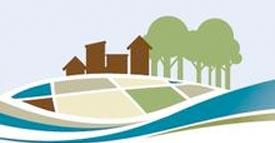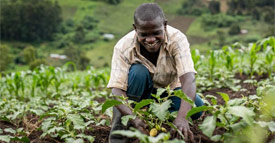Accueil / Que faisons-nous ? / Recherche / Changement climatique / Moving from Reaction to Action : Anticipating Vulnerability Hotspots in the (...)
Moving from Reaction to Action : Anticipating Vulnerability Hotspots in the Sahel
Publié le 22 décembre 2022
A Synthesis Report from the Sahel Predictive Analytics Project in Support of the United Nations Integrated Strategy for the Sahel
In January 2021, Secretary General Antonio Guterres appointed me as the UN Special Coordinator for Development in the Sahel. I bear the privilege and responsibility of coordinating the implementation of the UN Integrated Strategy for the Sahel. UNISS was born in 2013 in response to the crisis in Mali and has since evolved to meet the changing needs and priorities of the ten UNISS Sahelian countries. It is implemented through the UN Sahel Support Plan as a way to ensure greater coherence and efficiency in the development agenda of the UN and its partners across this vast, and often troubled, region.
As a child of the Sahel, I am deeply concerned by the many interlinked challenges we are confronted with as a people. These include poverty, underdevelopment, insecurity, and vulnerability to climate change that leave the region prone to conflicts. They weigh heavily on our collective future, and particularly the futures of our talented and dynamic young people.
But these problems are not insurmountable. In my home country of Senegal we have a saying “C’est la pluie qui tombe petit à petit qui remplit le fleuve” (It is the rain that falls little by little that fills the river).
We must work together to address the root causes that perpetuate poverty and instability in the region.
We need to encourage cross-border cooperation, promote economic revitalization and inclusive growth, tackle climate vulnerability, provide clean energy and empower women and young people.
Doing all this requires a clear-eyed understanding of where we are now and where the trends are leading us. This is why I am delighted to introduce the first synthesis report on the Sahel of the Predictive Analytics project. This unprecedented collaboration, facilitated by our friends at UNHCR, has brought together more than twenty of the finest research organizations and universities to share their information
and analysis on the long-term economic, social, political and environmental trends that are shaping the region. This analysis is a work in progress and is far from being the final word on the future of the Sahel.
But collectively, this initiative has created a ‘river’ of data and analysis that will, I hope, provide us with new insights and ideas on how the Sahel can fulfil its great potential.
Our problems are solvable but require extreme commitment and dedication from all. Truly, the best way to get to where you want to be is to know where you are starting from, and to be able to anticipate the hurdles in your path. I entrust this report to you as a small contribution towards that goal.


